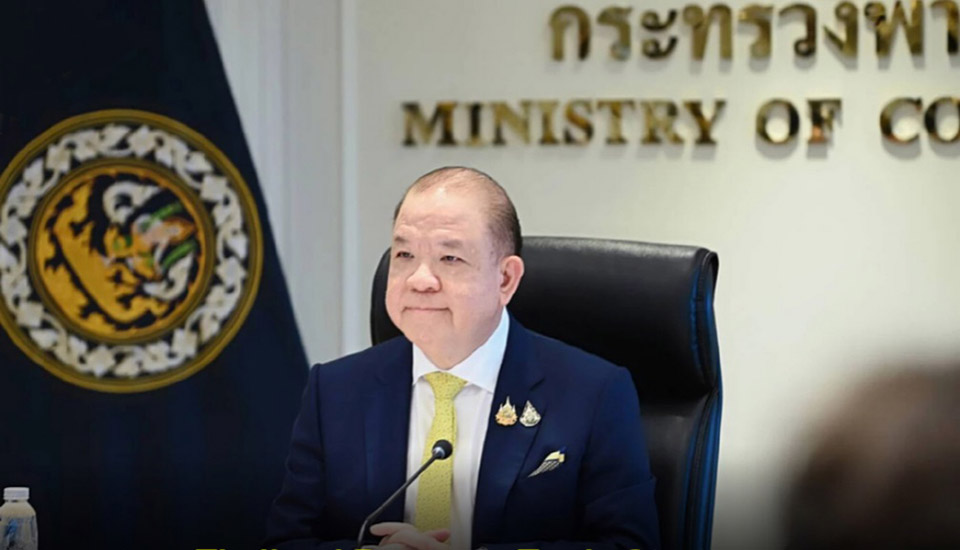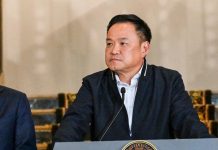
BANGKOK, Thailand – Commerce Minister Phichai Naripthaphan recently held a meeting with senior officials and heads of Thai trade and commerce offices to assess the economic implications of Donald Trump’s recent U.S. presidential election victory and to strategize Thailand’s trade response. The meeting reviewed the alignment of trade policies with government objectives and outlined immediate steps to leverage trade opportunities while managing potential risks. Thai trade attachés and provincial officials were assigned to identify economic, trade, and investment prospects that could benefit Thailand in an evolving global landscape.
An analysis by the Fiscal Policy Office, the Bank of Thailand, and major financial institutions highlighted Thailand’s strengths, challenges, risks, and opportunities within the changing U.S. trade environment. Reduced Chinese imports to the U.S. could open opportunities for Thai exports, particularly in electronics, automotive parts, and agricultural goods. However, limited production capacity poses challenges in replacing Chinese consumer goods. Additional risks include potential new tariffs, rising energy costs due to Middle Eastern tensions, and possible delays in U.S. climate policies, which may affect Thailand’s environmental goals.
The Ministry also stressed the importance of diversifying Thai exports beyond the U.S. and China, with a focus on Southeast Asia, Europe, and the Middle East, targeting sectors such as health foods and premium agricultural products. Thailand is set to welcome a U.S. business delegation in late November, reaffirming its commitment to balanced international relations to attract investment from global powers and position itself as a neutral trade partner within ASEAN.
Thailand’s upcoming engagements include participation in the APEC Summit in Peru and the signing of a Free Trade Area (FTA) agreement with the European Free Trade Association in January 2025. With foreign investment at a ten-year high, the government encourages Thai businesses to explore new markets, manage currency risks, and adopt sustainable practices to strengthen their role in global supply chains amid shifting geopolitical landscapes. (NNT)








